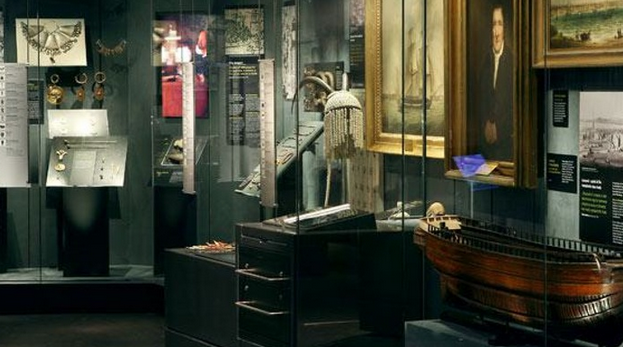
We are delighted to invite you to a workshop on Wednesday 8th February 2017 examining the ways in which the history of slavery and its abolition have been explored within public history.
Museums, country houses, the streets we walk down and the places we call home – they all have stories to tell us about the past. This workshop will explore how different kinds of public historians and organisations have represented Britain’s historic role in both slavery and its abolition. Throughout the day we will hear from museum and heritage professionals, community historians and academics – there will be plenty of opportunities to ask them questions and join in the debate. There will be an open session for people to discuss new projects and ideas giving participants a chance to see how we might help each other and get involved. A walking tour of Liverpool will allow participants to see first hand how the history of slavery has shaped the city of Liverpool.
Registration is free and lunch and refreshments will be provided.
Location: Dr Martin Luther King, Jr. Building, International Slavery Museum, Liverpool
Schedule:
10:00-10:30 Registration, tea and coffee
10:30-10:45 Introduction
10:45-11:30 Jessica Moody (University of Portsmouth)
11:30-11:45 Break
11:45-12:45 Museum panel: Richard Benjamin (ISM Director), Vanessa Salter (Wilberforce House)
12:45-13:45 Lunch
13:45-15:15 Walking tour of Liverpool with Eric Lynch
15:15-16:15 Country house panel: Marian Gwyn (Bangor University), Andrew Hann (English Heritage), Shawn Sobers (University of the West of England)
16:15-16:45 Breakout discussion
16:45-17:30 Laurence Westgaph (Centre for the Study of International Slavery, University of Liverpool)
This event is funded by the British Academy and is a partnership between the International Slavery Museum, the Antislavery Usable Past project and the University of Nottingham.
The International Slavery Museum opened in August 2007 during the bicentenary of the abolition of the British slave trade, and in March 2010 welcomed its millionth visitor. It is the only museum of its kind to look at aspects of historical and contemporary slavery as well as being an international hub for resources on human rights issues. It is located in Liverpool’s Albert Dock, at the centre of a World Heritage site and only yards away from the dry docks where 18th-century slave trading ships were repaired and fitted out.
The Antislavery Usable Past is a five-year AHRC-funded project based at the University of Nottingham and at the Wilberforce Institute for the Study of Slavery and Emancipation (University of Hull). It translates the lessons of historic abolitionism for contemporary use – providing today’s antislavery movement with a usable past of examples and methods.


